In Vanderbilt’s nearly 150+ year existence, its athletic teams have never been more impressive.
Since 2011, Vanderbilt Football has made four bowl game appearances, and won two of them. The Men’s Basketball team has made back-to-back NCAA Tournament appearances. The Baseball team won a national title in 2014, and the Women’s Tennis team won one in 2015.
So, with all of that success, it may come as a shock that Vanderbilt student attitudes towards athletics may not correlate with the on-field prowess.
The Vanderbilt Hustler conducted a survey to get a better idea of student sports viewing habits. Over two weeks, 230 students from across Vanderbilt’s classes and undergraduate schools responded to the survey. The results show a student body that may have plenty of students that care about the school’s teams, but may not show it in terms of attendance.
We asked students how many football, basketball and baseball games they attended during this season. Here is what they said:
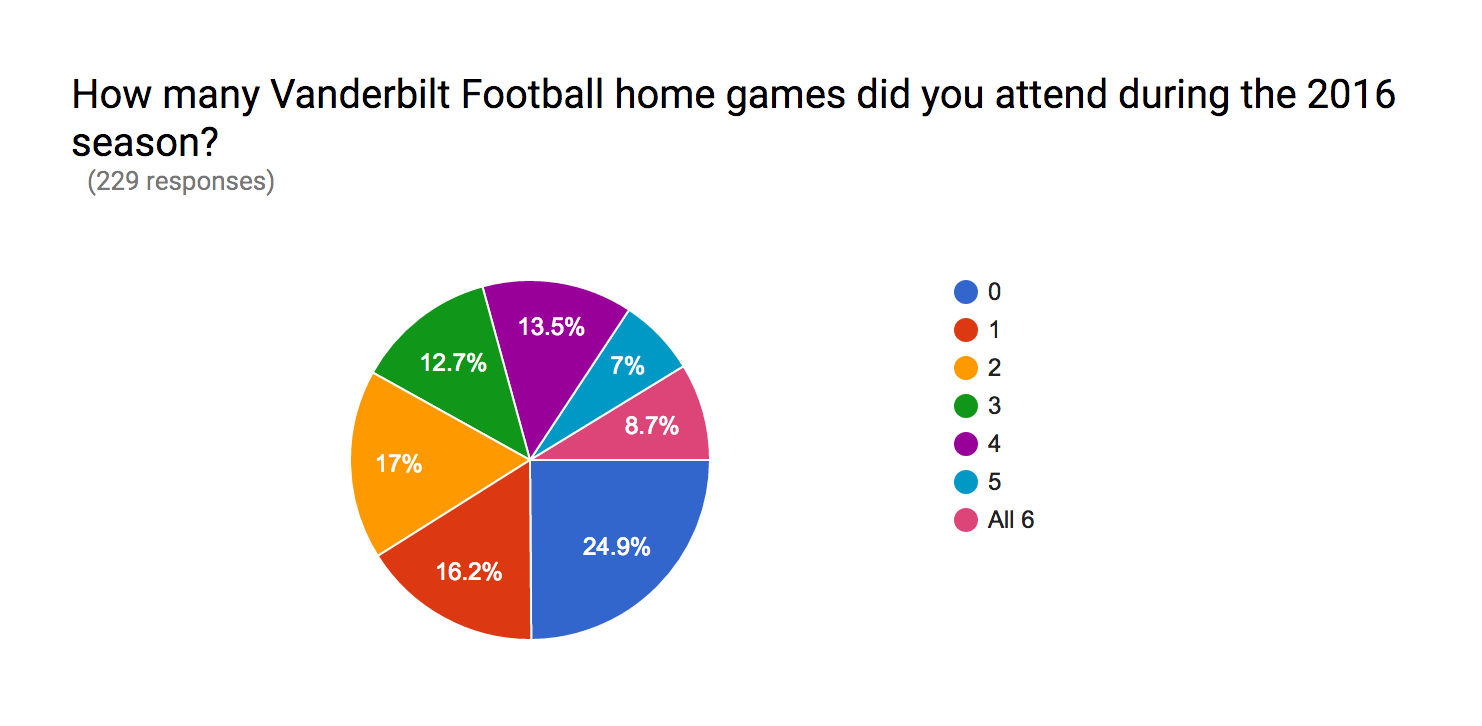
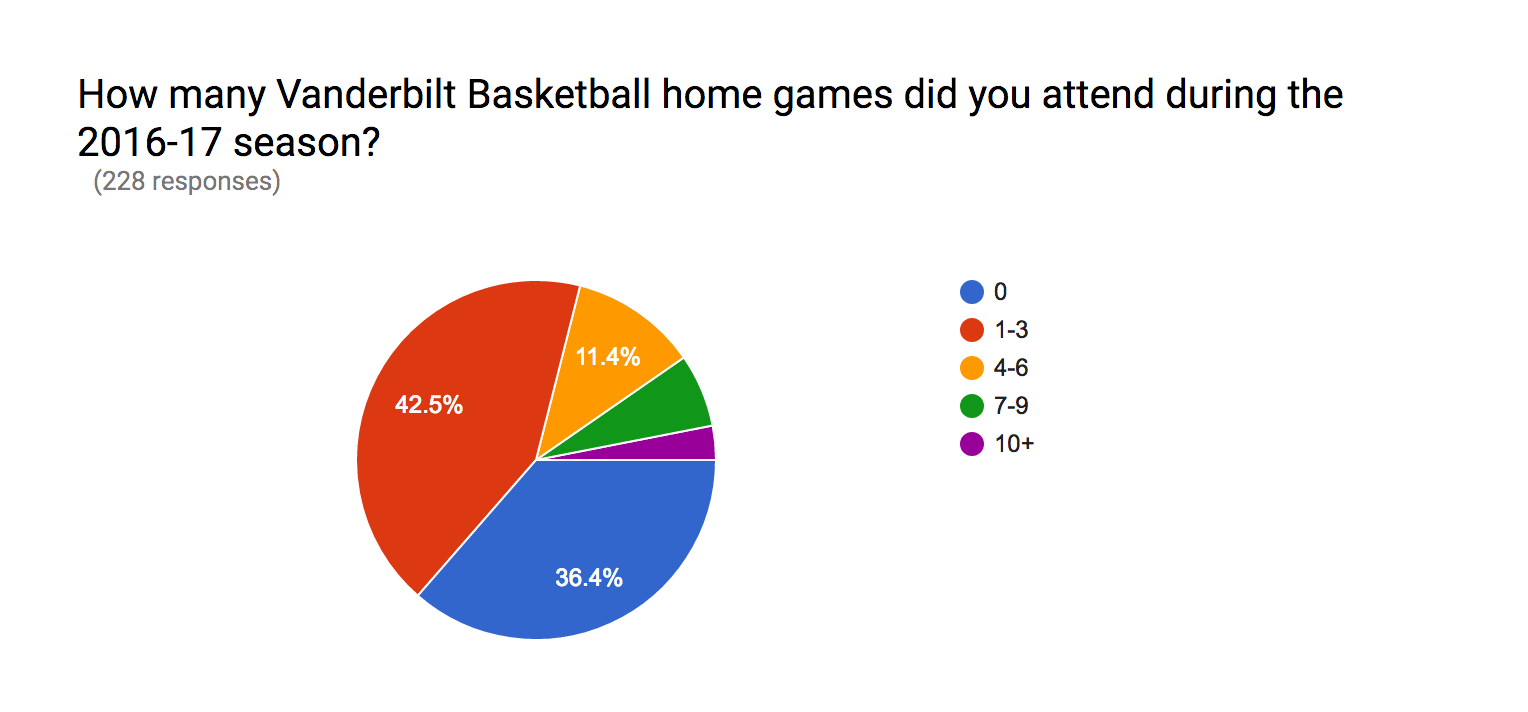
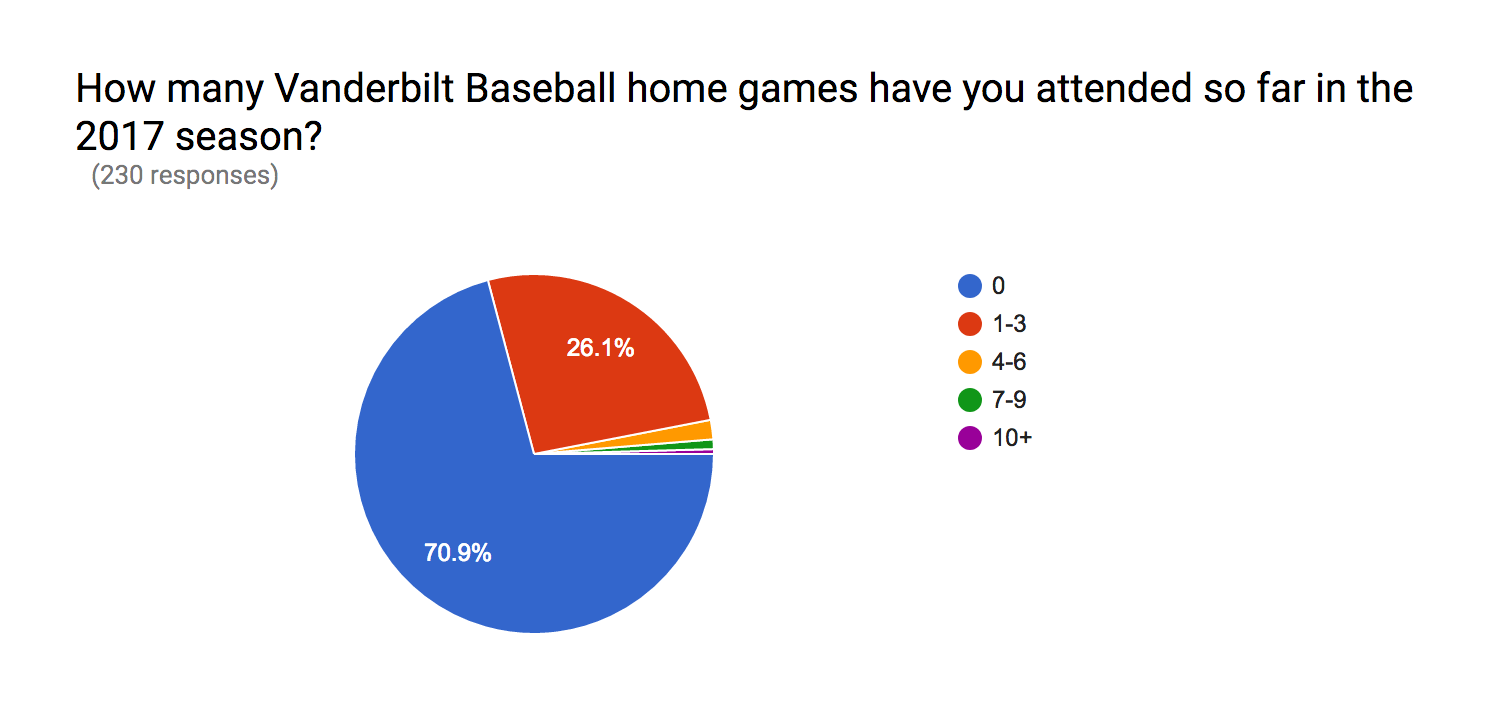
Over 50 percent of respondents said they had been to two or fewer football games, and well over 50 percent of respondents said they went to three or fewer basketball games. The baseball results may be slightly different than reality, as the survey was conducted before the baseball season was complete.
So, why do students seem apathetic in what is supposed to be the heyday of Vanderbilt sports?
Eric Jones, assistant athletics director for ticketing, points to demographic changes in the student body as a potential reason for this dropoff in interest.
“The current-day Vanderbilt students are notably different from the predecessors, going back even 10 years,” he said. “Sport is something that is a large, widespread phenomenon. But, that is viewed from inside of Vanderbilt or inside of the United States. We are a more global campus as opposed to a lot of other folks. I think that when you get a lot of other cultures into the mix, interests are going to start to vary. Some of those will vary greater than even the findings in the survey. We’re an international brand at Vanderbilt University. Each student here is a unique individual brand.”
The old excuse was that if Vanderbilt’s teams could improve and win more, then more students would attend their games. Now that the teams are improving, but the attendance is not, some might be scratching their heads.
Greger Peterson, a freshman who attended four football games this past season, said that “Same Old Vanderbilt” stigma might still be lingering.
“Even though Vanderbilt had a pretty good season, there’s probably some lingering sentiment of just generally ‘we’re not that competitive, we’re not that good, we’re just going to get destroyed by these teams,’ even though that really wasn’t necessarily the case this year. I think that’s definitely a factor. Even going forward, hopefully if people have the idea and understand “Okay, we’re fighting for a good bowl game, this is something that’s pretty feasible, we’re kind of competitive.'”
Alyssa Blanchard, a senior who said she attended one football game this season, thought that if Vanderbilt’s teams built on this newfound success, they could wake up an otherwise uninterested portion of the student body.
“I think ‘winning’ would help people to get interested in Vanderbilt sports,” she said via email. “When I watch a game (particularly live), I’m very invested in who wins and I’ll be bummed if my team doesn’t win. For me, the only sport where I don’t mind too much if my team wins is baseball. However, I think Vanderbilt has a less sports-inclined student body than other SEC schools, and there would be a ceiling to the percentage of the student body that could be persuaded to attend games.”
Other results of the survey stand out as well. We asked students if they watched Vanderbilt Men’s Basketball’s NCAA Tournament game and if they watched Vanderbilt Football’s appearance in the Camping World Independence Bowl. The dichotomy in the results may be surprising.
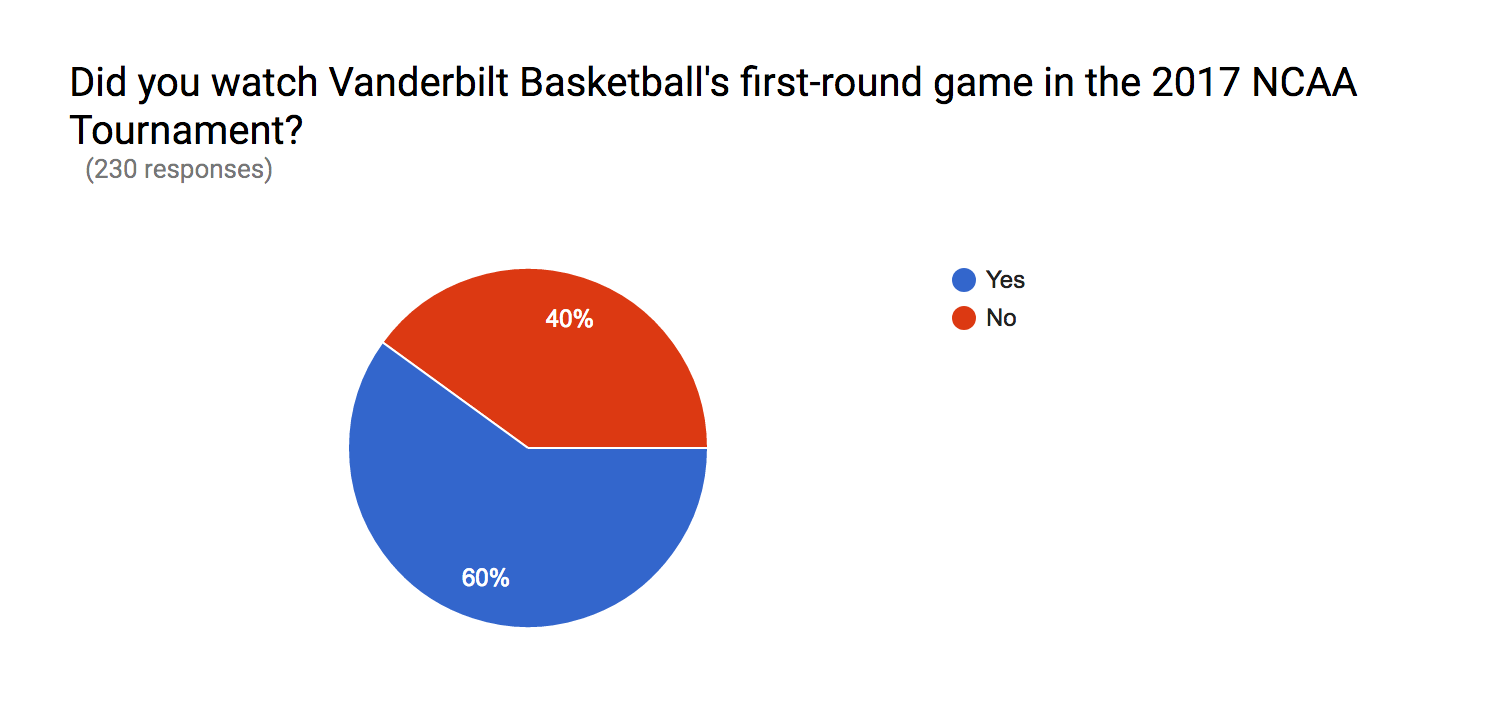
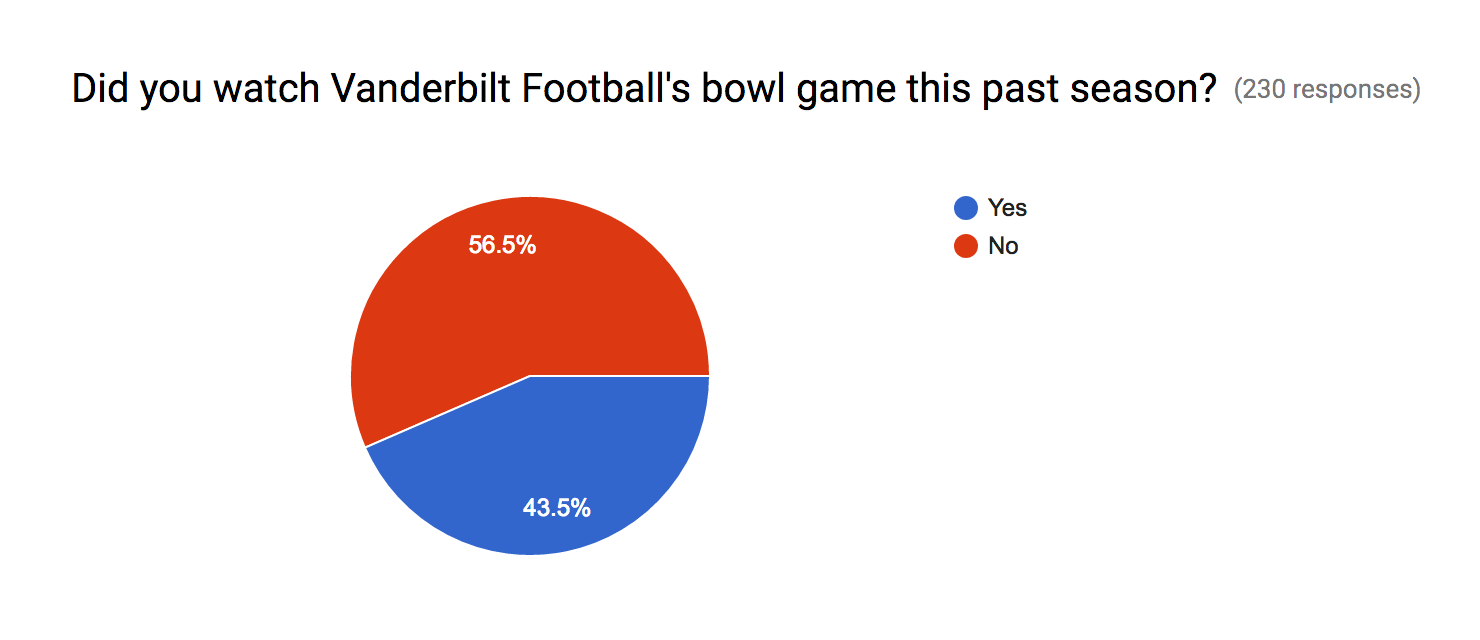
It is worth noting that the NCAA Tournament game took place on a Thursday while school was in session, while the Independence Bowl was played on December 26 while students were on break.
Still, it may come as a surprise that far more students were able to take a couple of hours out of a busy Thursday to watch an NCAA Tournament game, while they decided not to sit in front of a TV on winter break to watch the bowl game.
We also asked students if they were sports fans outside of Vanderbilt’s teams. 56.5 percent of respondents said they were sports fans outside of Vanderbilt. On top of that, we asked students how much they cared about Commodore sports on a scale from 1 to 10, with 1 representing total apathy and 10 being “complete diehard” status. While the most popular response was a “3” with 14.8 percent, the second, third and fourth-most responses were a “7” (14.3 percent), “6” (13 percent) and “8” (10.9 percent).
So, if a good chunk of students care about these teams, and a majority of students are sports fans in general, why doesn’t that translate into attendance? Jones thought it could be a number of factors, including how busy Vanderbilt students can be.
“I think change is the one thing and we have a very diverse campus in terms of a lot of different backgrounds,” he said. “The other thing is that there’s a heck of a lot to do in Nashville. All of that, I think though, is secondary to the fact that I think that the Vanderbilt student body is very focused on their schoolwork and their careers. I’ve heard from a lot of students ‘Can’t we work on getting game times standardized?’ I think not being able to know game times for football factors into that on a weekend.”
Athletic department policy bars student attendance numbers from being released to the public, but other differences in attendance are noticeable. Six or seven years ago, if you weren’t camped out in front of Memorial Gym five hours before tip-off, you weren’t getting in to see Vanderbilt play Kentucky. This past season, students walked in midway through the first half and got decent seats.
In order to counteract this dropoff in attendance, Jones also thought that the athletic department needs to have meaningful conversations with students about what they are interested in and what would get them to come out to Vanderbilt Stadium, Memorial Gym or Hawkins Field for a game.
“I think it’s got to be an open dialogue,” he said. “Any time you have an open dialogue, just by definition, it’s got to be two-way communication. We’ve got to do a better job in athletics of reaching out to students, finding out how they tick. Everybody is at a different spectrum in terms of age and in terms of availability and in terms of interest. I think that it really all starts with communication. We have to try harder on the athletics side to engage students in an open dialogue. It’s got to be two ways, it’s got to be regular and it’s got to be things that are followed up on.”

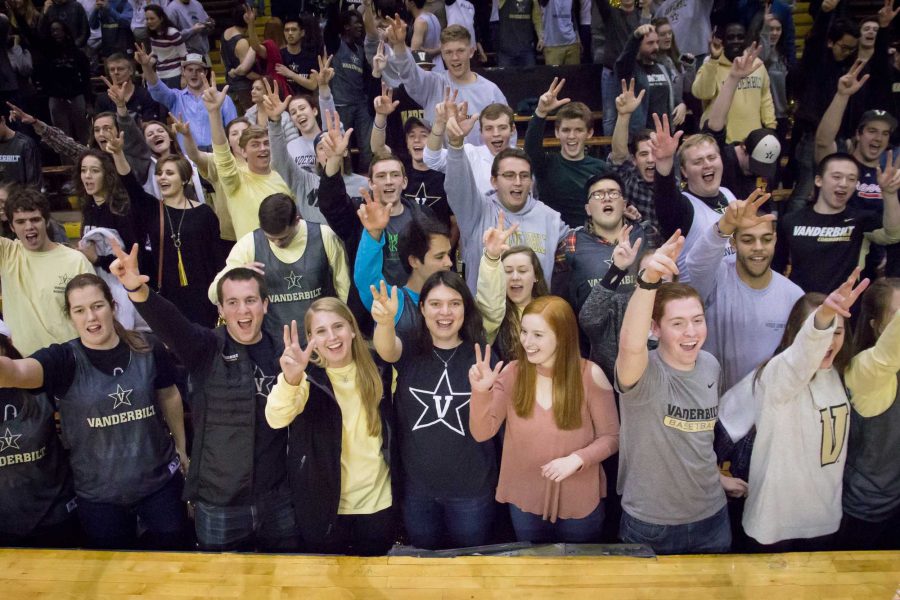



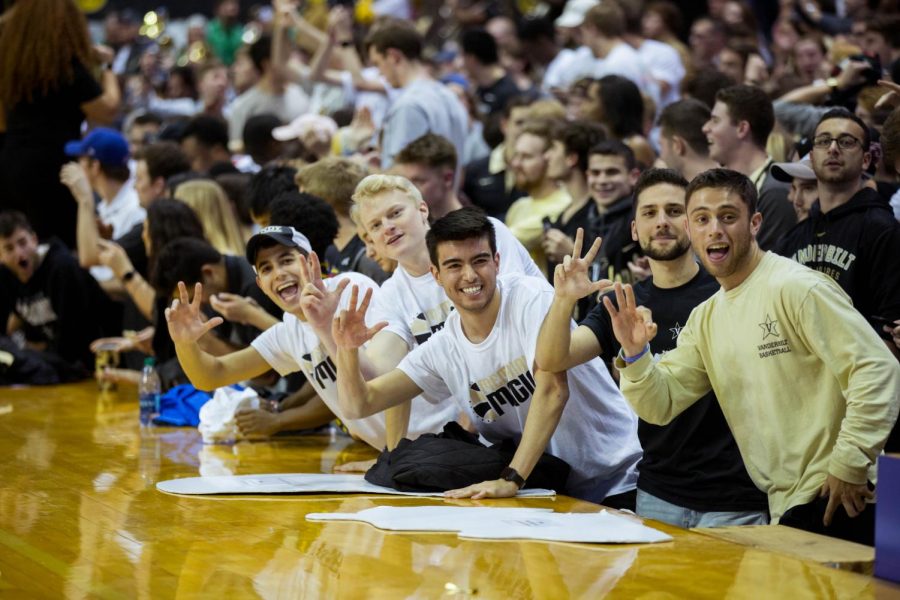
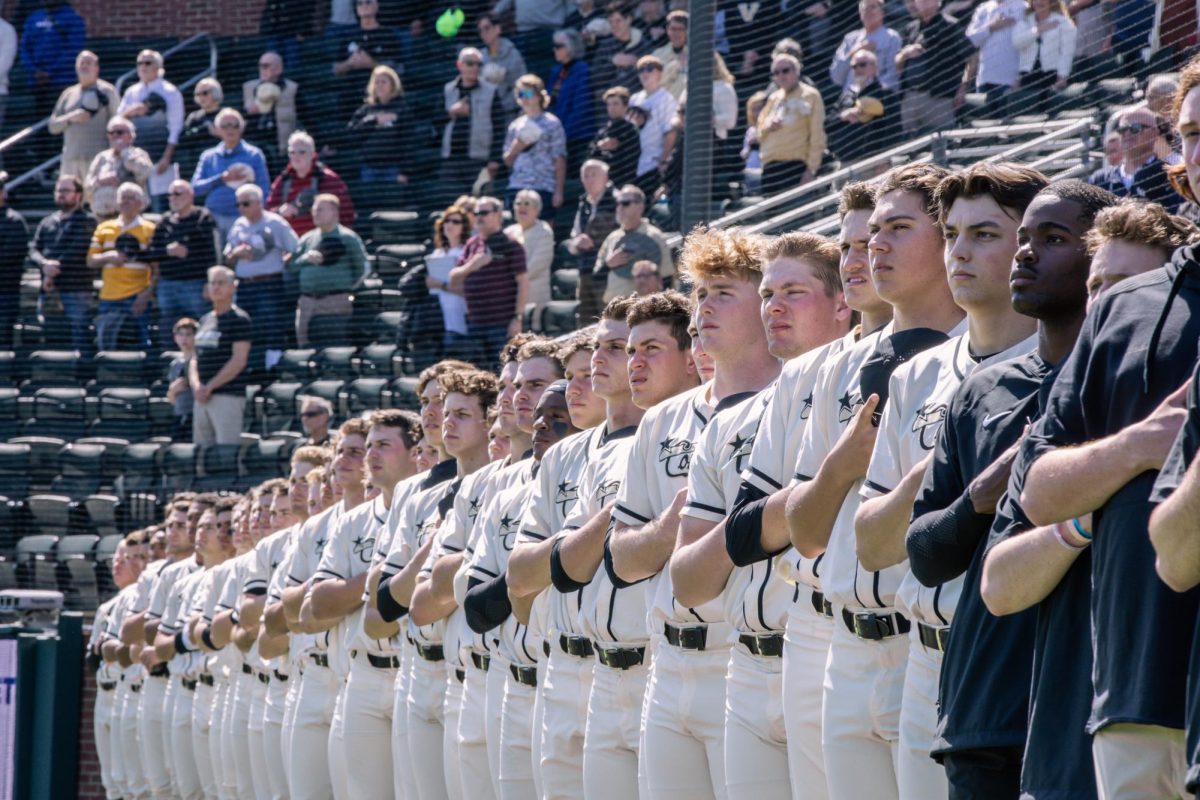
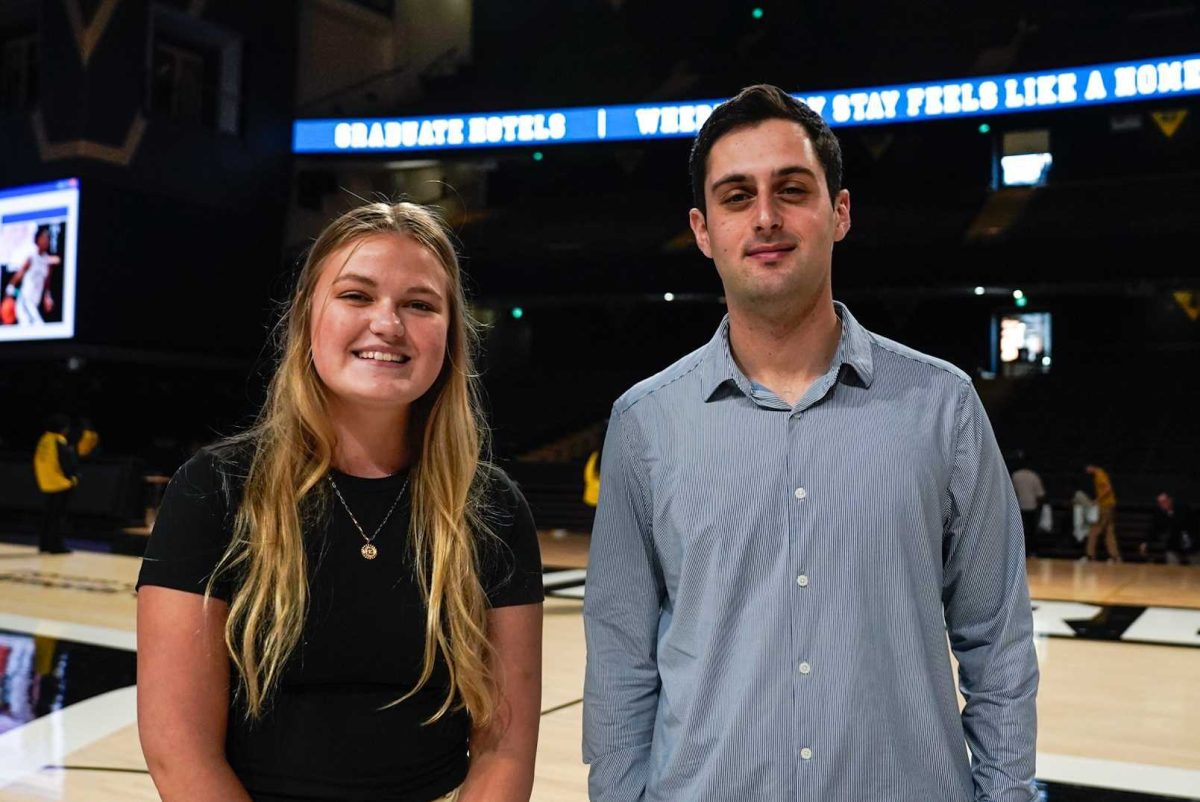
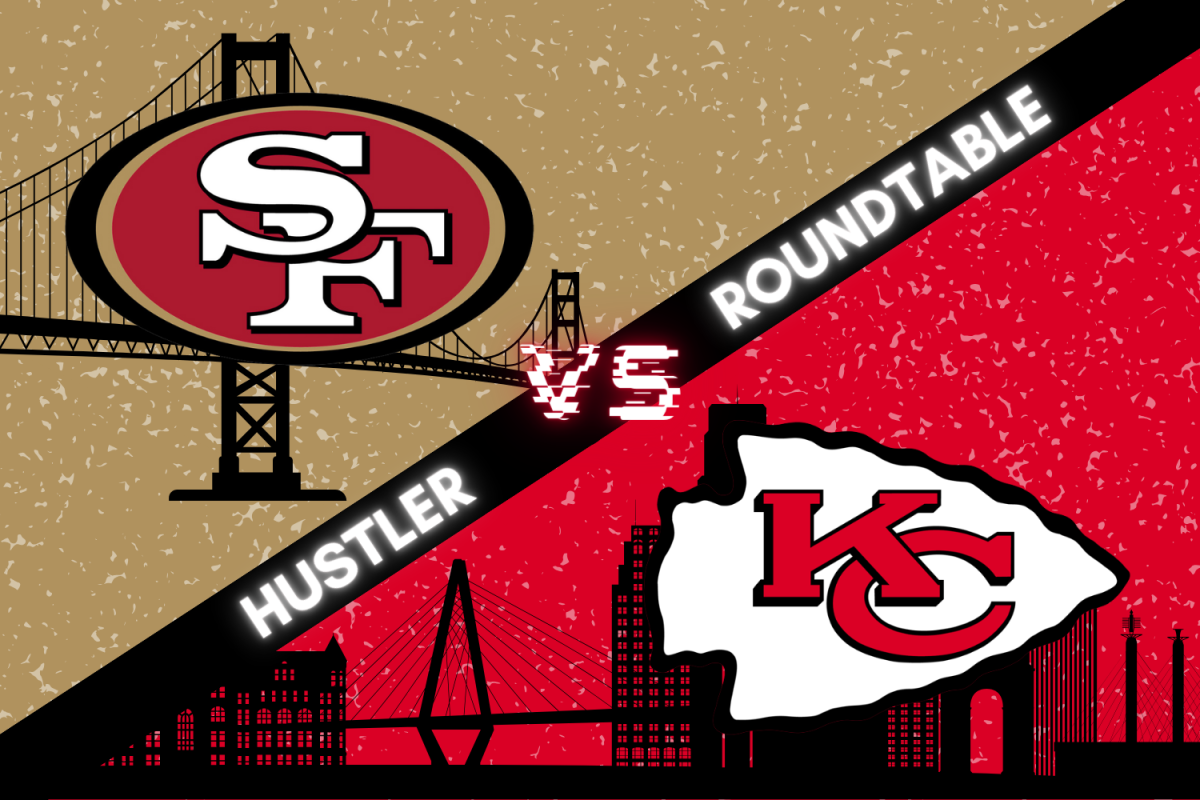



Anchor Down • Apr 25, 2017 at 11:40 am CDT
“Since Vanderbilt Football has made four bowl game appearances, and won three of them” – We lost in 2011 and 2016, won in 2012 and 2013. Please fact check before making articles like this.
Thomas Huynh • Apr 25, 2017 at 2:12 am CDT
As an alumnus, I believe Vanderbilt is unique in that we value education. Our graduation rates for student athletes reflect this as well. I am a big sports fan but when it comes to education, I know which is more important.
Rico Suave • Apr 24, 2017 at 6:08 pm CDT
Globalist don’t like sports? Who knew!